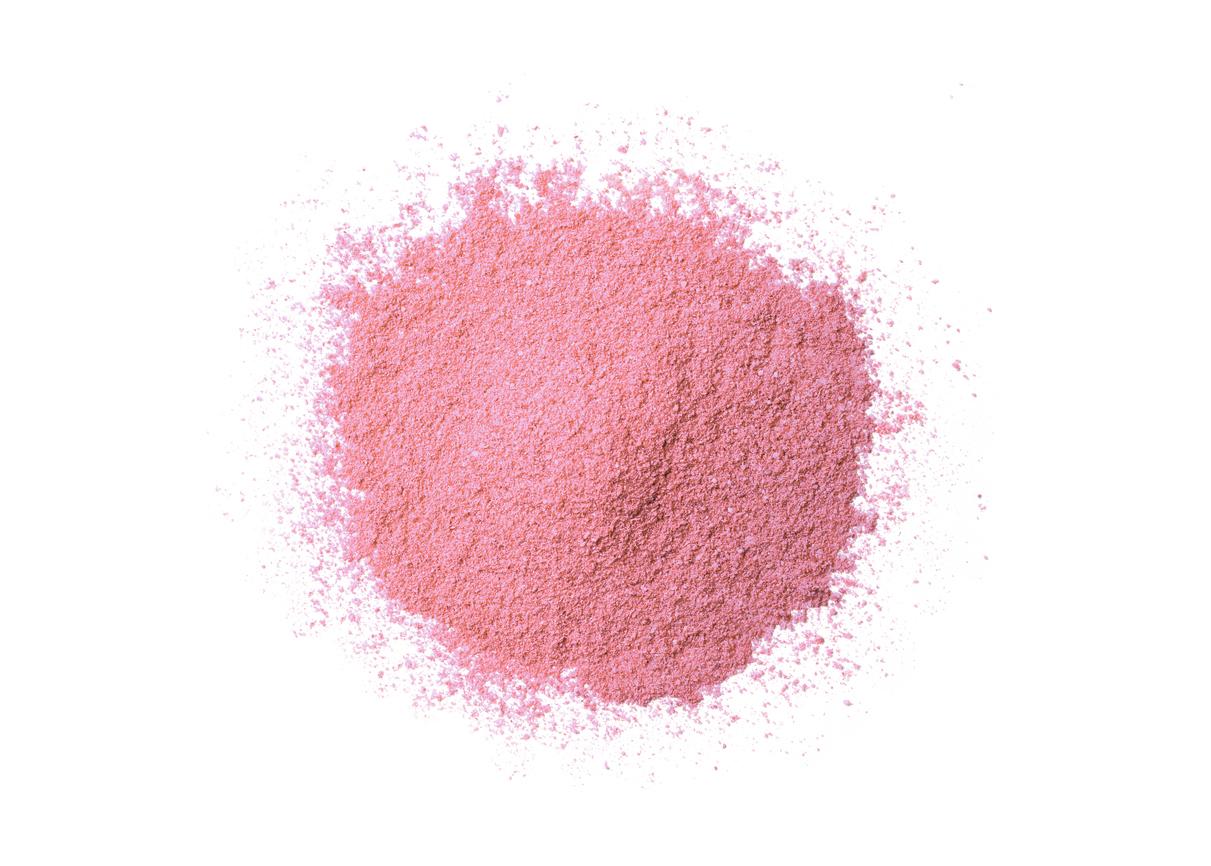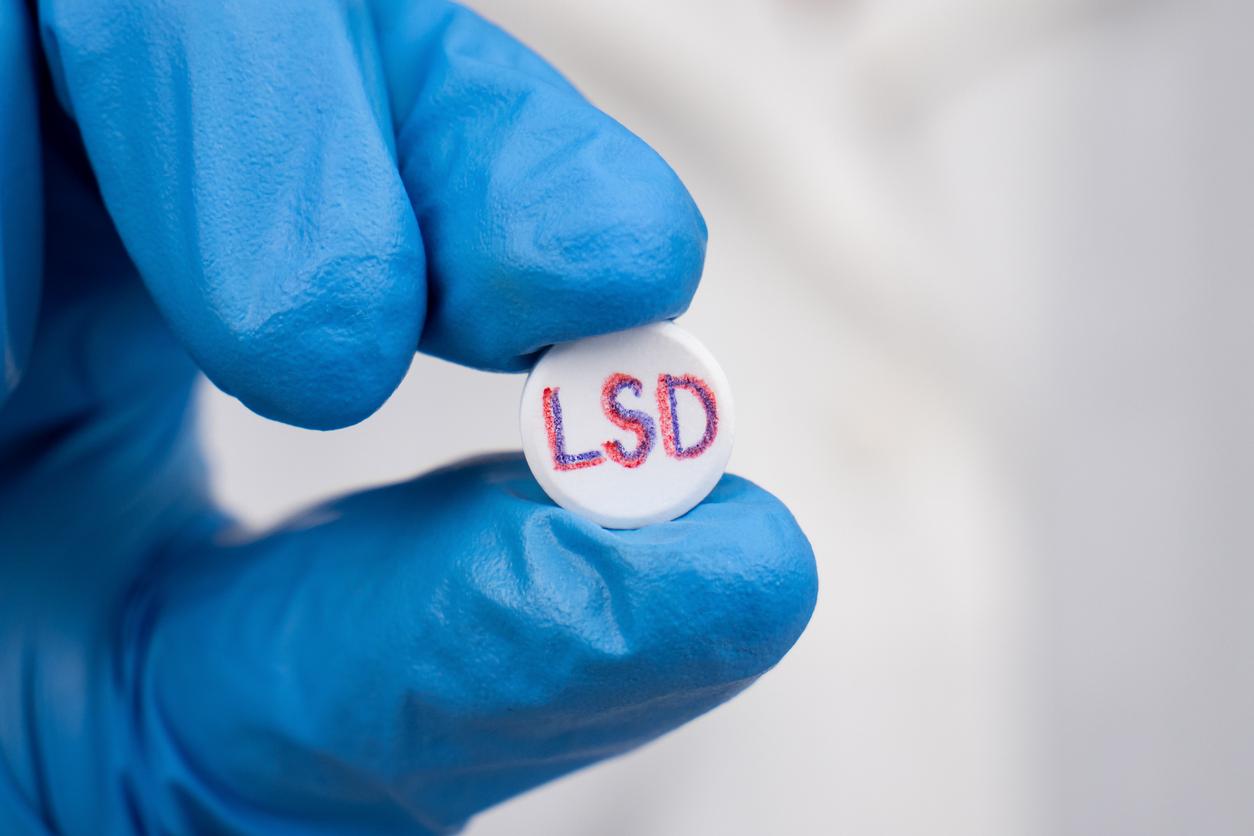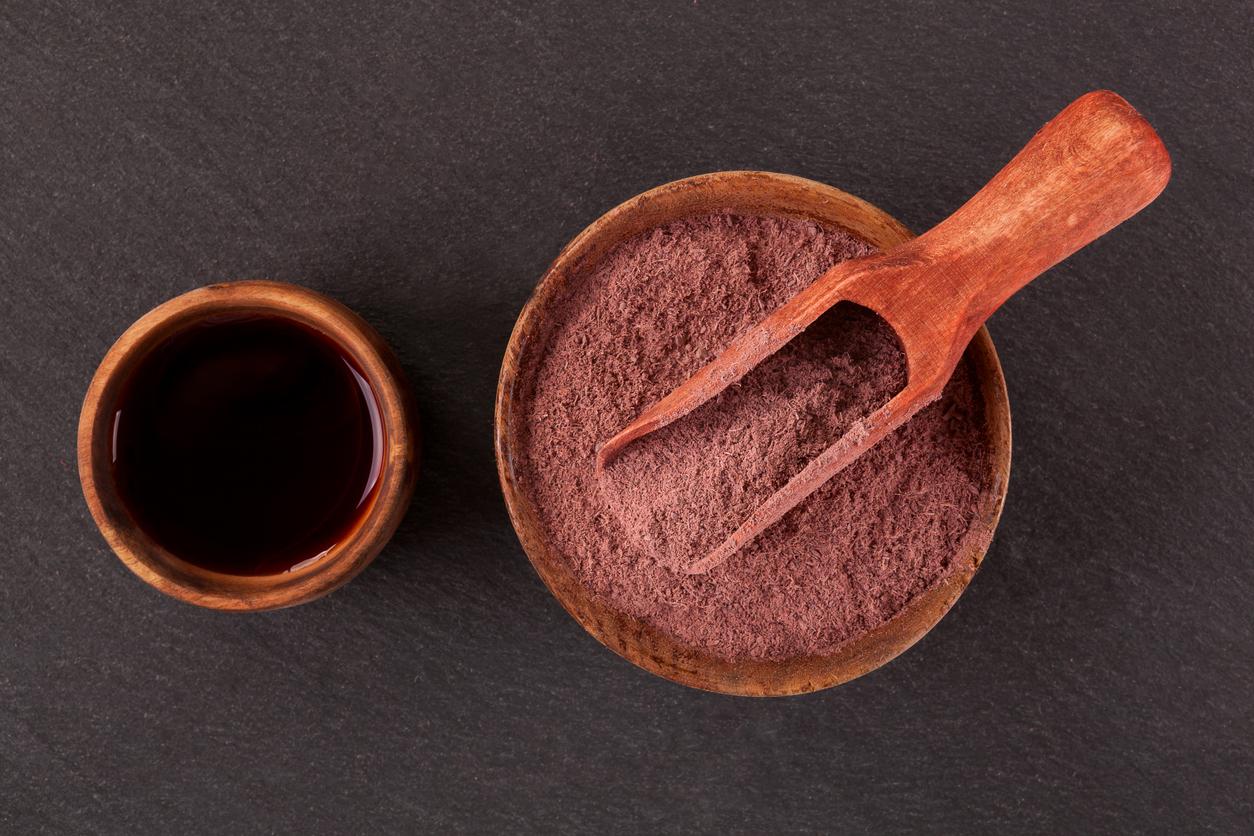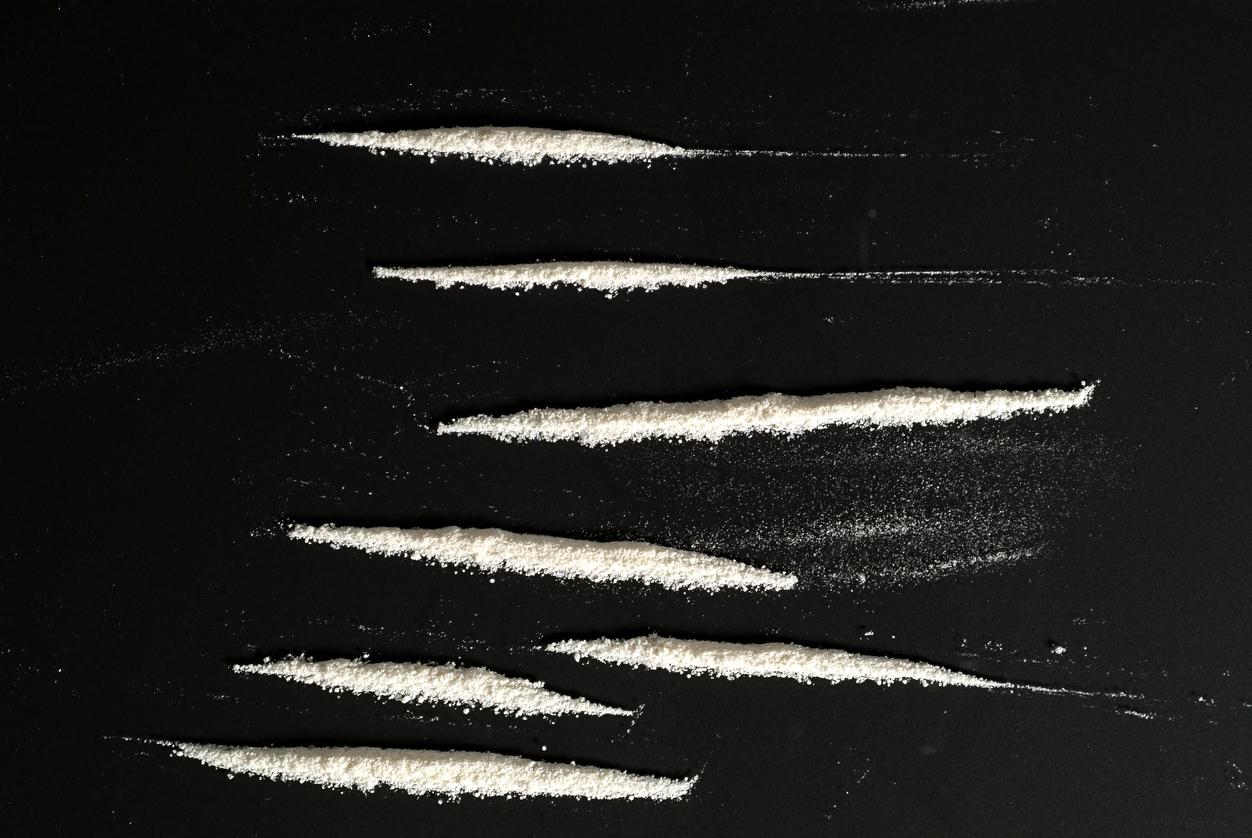Manufacture microbes and introduce them into our body to heal us from the inside? The hypothesis is no longer a far-fetched project. Synlogic company recently released the results of his tests to treat the rare condition of phenylketonuria. The bacteria, created by the lab and tested in a clinical trial, are showing promise in treating this condition.
The Microbiome Hypothesis
To understand the synthetic biology researchers’ approach to trying to cure phenylketonuria, you have to understand what the microbiome is. This is the environment in which all of the many organisms inside the human body live, called the microbiota. Scientists have discovered that some of these microbes help protect us from disease.
After these discoveries, synthetic biologists quickly wondered if, in this flora with a complex balance, they could add modified bacteria, which would act inside the body. And that’s what they tested in this study.
Goal: reduce phenylalanine
Phenylketonuria (PKU) is a rare hereditary disease. People with the disease must avoid the proteins contained in meat or even cheese, because their body is unable to degrade an amino acid called phenylalanine. When the latter accumulates in the blood, it damages neurons in the brain, causing intellectual disability and psychiatric disorders. Medications are available to reduce phenylalanine levels, but they do not work for all patients and cause side effects. The traditional treatment for PKU therefore consists of a strict diet, low in protein and supplemented.
The objective for the researchers was therefore to design a bacterium capable of reducing the level of phenylalanine in patients.
Creation of a synthetic bacterium
To do this, they selected a harmless strain of E.Coli bacteria, present in the digestive system of most people. To this bacterium, they added two new genes. One, which allows her to suck the phenylalanine “around” her. The other, which breaks down phenylalanine into fragments, which are then eliminated through the urine.
The researchers first worked with mice genetically modified to display the mutation responsible for PKU. When these sick mice received a dose of this new synthetic bacterium, the phenylalanine in their blood dropped by 38% compared to mice that did not receive the bacterium.
For its human trials, Synlogic recruited healthy people to incorporate this same modified bacteria into their microbiome. For this, they drank a mixture of peppermint containing billions of modified bacteria. Some took a single dose, while others increased their dose gradually over a week. Immediately after their intake, the volunteers ate a protein-rich meal. The results, published this week, showed that participants tolerate bacteria safely. Moreover, the more they ingest a large quantity, the more traces of phenylalanine appear in their urine. A sign that the synthetic microbes are doing their job well.
The next step now is to see if these modified bacteria can reduce phenylalanine levels in people with PKU. Scientists are also looking into synthetic biology to treat other disorders, such as inflammation, infection and cancer.
Read also :
How does the bacterium become a killer bacterium?


















